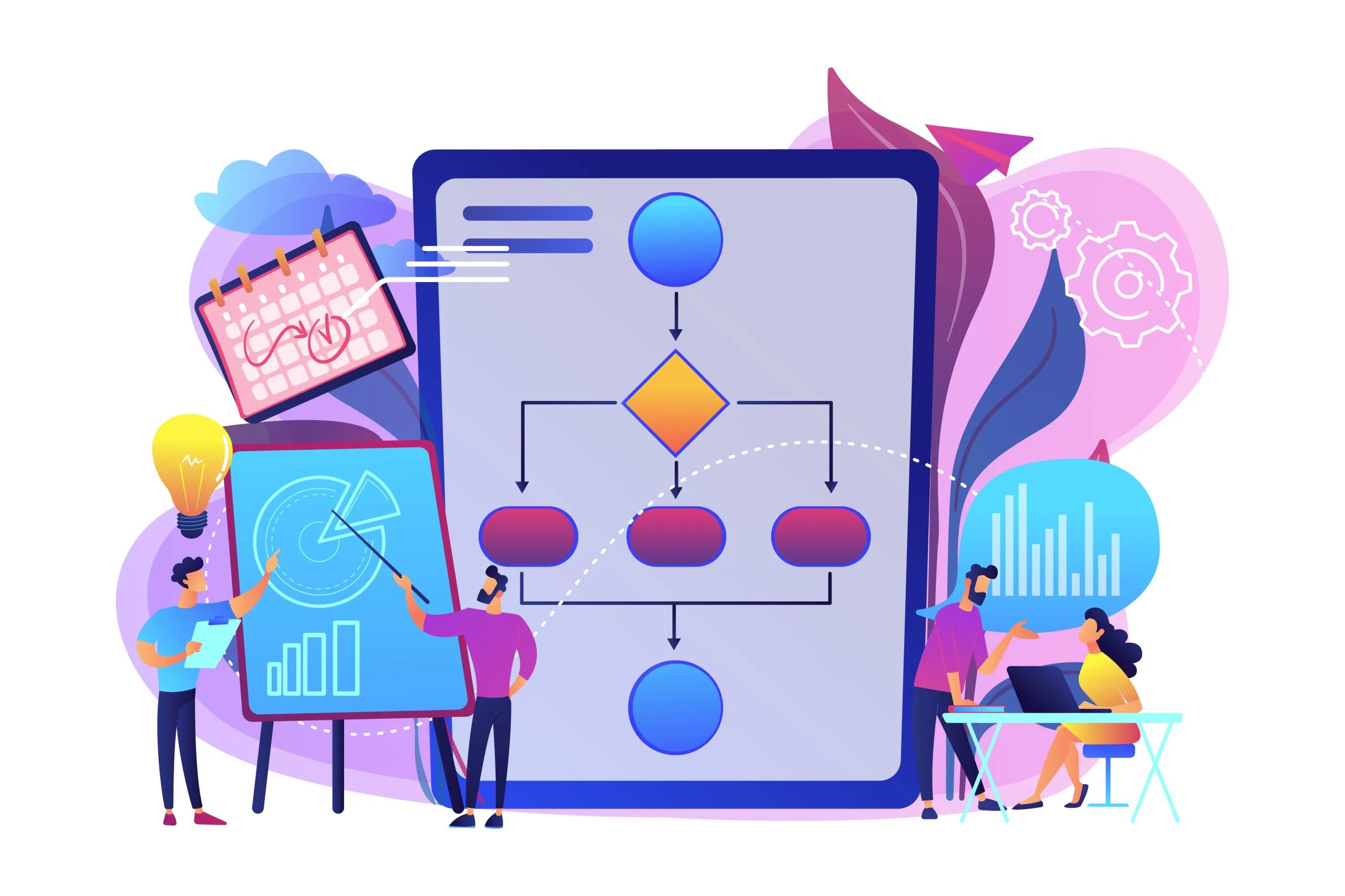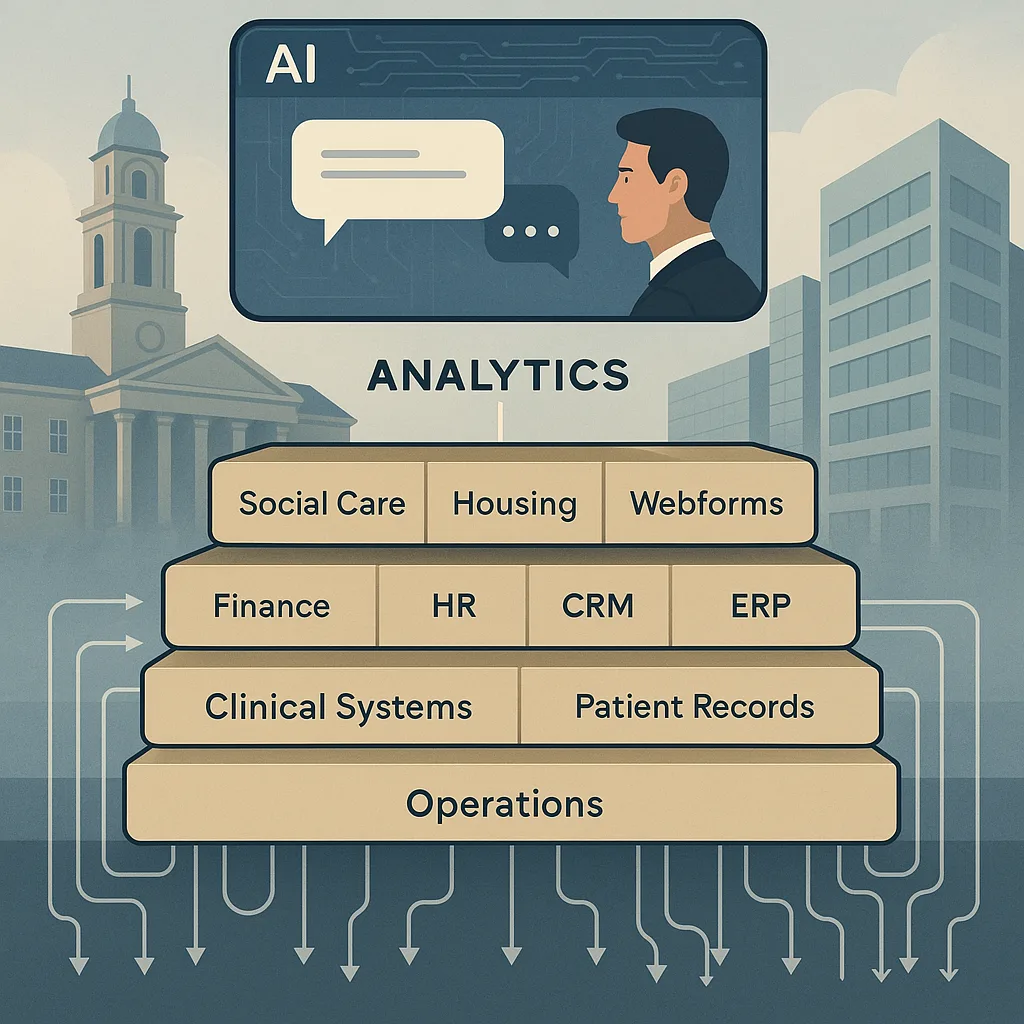
As councils begin to explore the potential of generative AI on localised data, several critical considerations arise. The pressing question is whether they are prepared to adopt this rapidly advancing and highly beneficial technology.
Imagine a scenario where you have the opportunity to significantly reduce the workload of caseworkers by pre-populating data from previous applications, sending timely reminders, and recommending interventions based on prior service user interactions. Such capabilities can lead to improved efficiencies, mitigate the impact of employee turnover, and foster a consistent and fair process for all service users.
However, this can only be achieved with trusted, accurate data. The risks associated with poor data quality are substantial, including additional efforts for caseworkers to validate results and a potential loss of trust in the process.
The usability of data is often overlooked in media and daily features. This issue isn’t new; it was similarly glossed over during the ‘Big Data’ campaigns 11 years ago. Throughout this time, I’ve consistently emphasised to executives and customer groups that data management is one of the most expensive and risky activities they undertake.
This has been repeatedly evidenced through itelligent-i’s Corporate Business Intelligence Review (CBIR), revealing that customers frequently allocate substantial resources to manually correct or alter data to achieve specific outcomes. This practice, often hidden under the guise of analysis or ‘report writing,’ does not support a data-driven organisation. Instead, it leads to numerous issues and hits physical affordability limits. Councils simply cannot sustain the cost of manual data modification in an era where data usage is increasingly essential. Even if they could, should they, given the problems it causes?

The only viable way to address poor data quality while benefiting from your data at an affordable cost is to identify the ‘useful’ data and automate processes that highlight data quality issues, making them visible to operational users who can then correct the data at the source. This approach significantly reduces costs, ensures data is recorded as accurately as possible by experts, and validates it at the source. Additionally, this practice enhances legal compliance (ref. GDPR 5(1)(d) and DPA 2018), improves the accuracy of analytics, and other processes reliant on the data. This underscores the importance of an enterprise approach to data management.
Being Data Driven does not merely mean having an accurate analytical solution. It means maintaining data in a secure, usable format that provides a consistent, factual view of your council. It ensures that you can leverage generative AI safely, knowing the data is as useful and accurate as possible. With the advent of Robotic Automation and generative AI, accurate and correct data is more critical than ever. Data Management should be a dedicated function within an organisation, with clear responsibilities to keep the data clean, risk-free, and ensure data processes are maintained.
As generative AI evovles, and councils explore the benefits of Large Language Models (such as ChatGPT, Llama, and PaLM), having well-managed, accurate, and usable data, along with established practices, policies, and processes, becomes increasingly crucial.
itelligent-i’s methodology has been developed to practically get councils up and running, implementing the functions needed to support a true view of the organisation. This approach ensures effective data management, being the ability to identify and correct data inaccuracies at the source, and continuously monitor data quality to prevent errors from reoccurring.
With well-managed data, developing localised AI assistants, like Microsoft’s CoPilot, becomes more straightforward and cost-effective. Councils can confidently invest in AI, deeper than just within productivity tools, knowing the outputs are based on high quality data without significant inaccuracies.
itelligent-i has been successfully implementing this approach for the last decade. We welcome discussions on how to transition into a data-driven council and capitalise on the promising future ahead.



